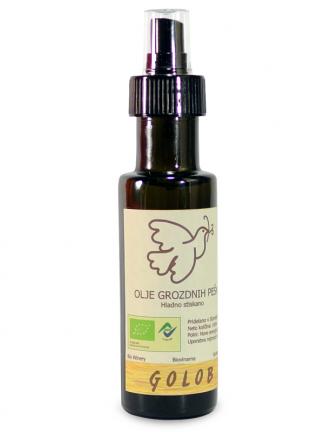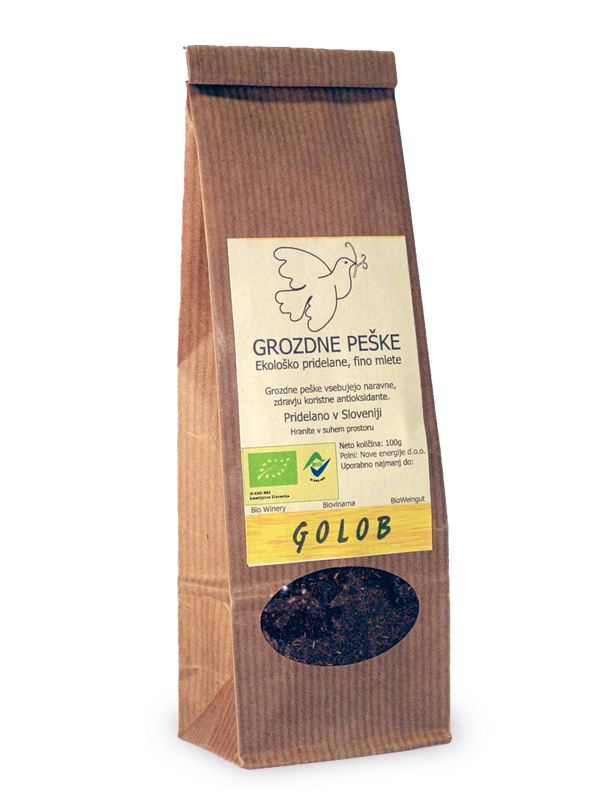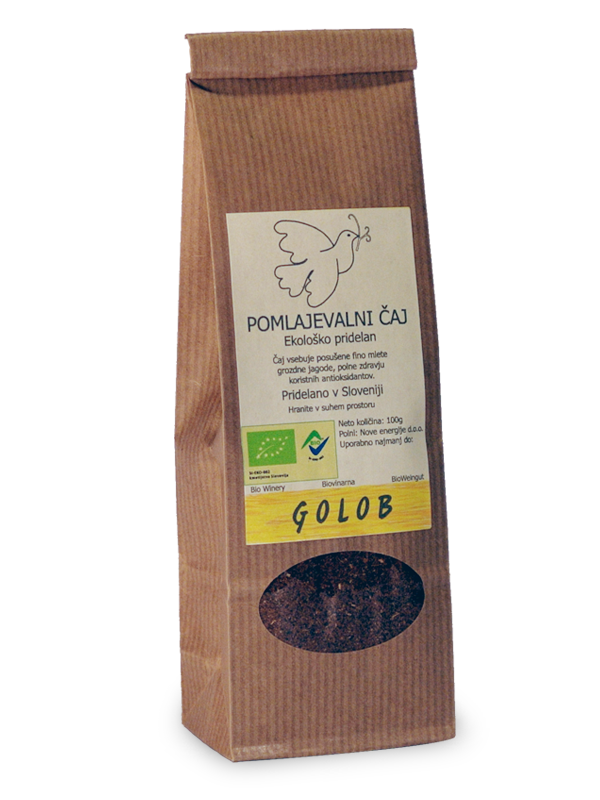Is drinking alcohol good or bad for your long term health? At first the question might seem quite easy; health institutions, the government, schools and the media often launch public campaigns geared toward reducing excessive alcohol consumption. But while overindulging in alcohol consumption can definitely lead to disastrous consequences, scientists have come to appreciate that moderate alcohol intake can actually promote a healthy heart. So as it turns out, a glass of organic sulfite free wine can do much more than simply help us to have a good time if it is consumed in moderation.
One way in which sulfite free wine benefits us is by promoting good heart health. The reason for this benefit is that both red and white wines contain phenols which act as antioxidants within the body. These antioxidant compounds promote healthy blood flow by relaxing the arteries, minimizing the clumping of platelets and protecting the walls of the cardiovascular system from bruising.
Wine also helps us to maintain a healthy heart by helping to regulate the amount of cholesterol within the body. Cholesterol is insoluble in blood, so it is transported though the bloodstream by lipoprotein carriers. These carriers can be either low-density lipoproteins (LDL) or high-density lipoproteins (HDL). LDL cholesterol is considered to be BAD cholesterol because it contributes to plaque, which can clog or completely block the arteries (atherosclerosis), greatly increasing the chances of heart attack or stroke. HDL cholesterol is considered to be GOOD cholesterol because it helps to remove LDL cholesterol from the arteries. The ethanol component of wine has been shown to lower the levels of LDL (bad) cholesterol and raise the levels of HDL (good) cholesterol within the body. In fact, studies show that in conjunction with a healthy diet and regular exercise, moderate alcohol consumption can lead to an increase in HDL cholesterol by up to 20%.
While red wines tends to have higher phenolic content that white wines, the antioxidant capacity of white wines is often comparable or higher than that of red wines. Thus, for persons who choose to drink wine, the key to good health is not the color of the wine, but rather the practice of drinking in moderation.
So here is the million dollar question: if you are not currently a drinker, should you begin drinking sulphite free wine for its cardiovascular benefits? No you shouldn’t. There is a fine line between healthy alcohol consumption and going overboard. In fact, doctors recommend that adult men have a maximum of two drinks per day while women are encouraged to have no more than one. Wine enthusiasts should be aware that each “drink” equates to no more than five (5) ounces. And for those clever persons who might have the idea of “saving up” these daily drinks in order to go “all out” at that party on the weekend, please note that nothing could be more dangerous for your health.
But what about the health benefits of drinking wine? Are persons who do not drink wine missing out on all the health benefits? Well if you are a non-drinker and are desirous of consuming more antioxidants for health purposes, then you can simply eat grapes and grape seeds more regularly. Toss a few grapes into your morning cereal, your yogurt or even your salads. Search for tasty recipes that incorporate grapes into savory meals or desserts and amaze your family with your culinary creativity. Not only are grapes healthier, cheaper, and far easier to access than wine, there is also no age limit for consuming them.
For persons who do enjoy the taste of fine wine, it is important to remember that we need to show a measure of control. Our actions have consequences and our children will learn from our drinking habits. So by all means, have that glass of wine with your dinner! Drink to your health! But as always, please remember to drink responsibly.
References
http://circ.ahajournals.org/content/111/2/e10.full
http://www.winespectator.com/webfeature/show/id/50511
http://www.mayoclinic.org/diseases-conditions/heart-disease/in-depth/red-wine/art-20048281
http://www.theatlantic.com/health/archive/2014/09/working-with-the-wine-not-against-it/379504/
http://www.nlm.nih.gov/medlineplus/ency/article/001963.htm
http://www.webmd.com/food-recipes/features/wine-how-much-is-good-for-you
http://www.heart.org/HEARTORG/Conditions/Cholesterol/AboutCholesterol/Good-vs-Bad-Cholesterol_UCM_305561_Article.jsp
http://www.ncbi.nlm.nih.gov/pubmed/10370874
http://www.ncbi.nlm.nih.gov/pubmed/12073762
Image courtesy of Jing



